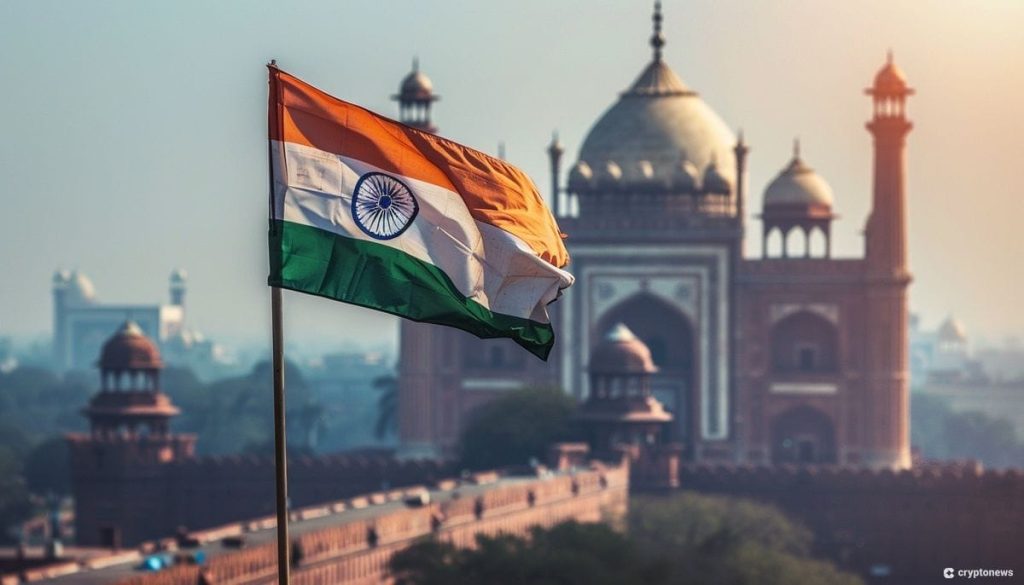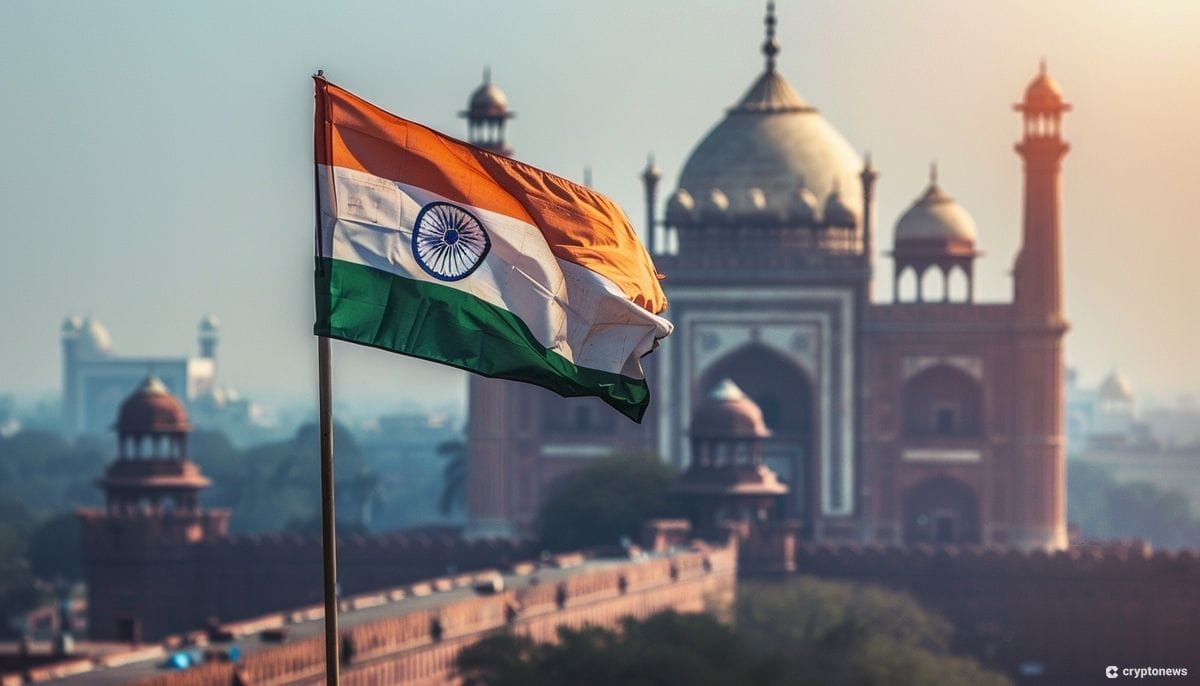The RBI launched pilots for both retail and wholesale CBDCs in late 2022.

Over 5 million people have signed up for India’s central bank digital currency (CBDC) pilot, but Reserve Bank of India (RBI) Governor Shaktikanta Das has issued a warning against a hurried national rollout.
Speaking on Monday at a conference in Bengaluru, Das stressed the importance of taking things slowly.
In late 2022, the RBI initiated pilot programs for both retail and wholesale CBDCs, subsequent to the declaration made by the Finance Minister during the 2022 budget speech.
With the assistance of participating banks, the retail CBDC recorded more than a million transactions in a single day by the end of 2023.
16 Banks Are Involved in India’s CBDC Pilot
The retail CBDC pilot currently involves 16 banks, though Das has not released the precise number of daily transactions.
Das’s most recent comments seem to be taking a cautious approach, even though the RBI has always insisted that it is not in a rush to fully implement a retail CBDC.
“The actual introduction of CBDC can be phased in gradually,” he said.
“It’s crucial not to rush the system-wide rollout before gaining a comprehensive understanding of its impact on users, monetary policy, the financial system, and the broader economy.”
India's CBDC Has 5M Users, Can be Phased in Gradually: Central Bank Governor:
— 3.0 TV (@reallive3tv) August 26, 2024
India's central bank Governor Shaktikanta Das has said that while their retail central bank digital currency (CBDC) pilot has over 5 million users, there should not be in any rush to roll out a… pic.twitter.com/Bue2MpcjXj
The RBI began investigating the CBDC’s advanced features in early 2023, such as programmability and offline payments.
Citing two recent pilot projects targeted at farmers, Das emphasized the programmability feature as a possible instrument for financial inclusion.
These programs include allocating funds for particular farming inputs and assisting in the creation of carbon credits, which have the potential to identify the farmers and give them focused financial assistance.
Looking ahead, Das disclosed that as part of the ongoing pilot program, other use cases, like anonymity and offline availability, are being considered for gradual implementation.
India’s stance on cryptocurrencies has been somewhat ambiguous.
The local cryptocurrency industry suffered when traders in India shifted to foreign exchanges due to the imposition of stringent taxes on cryptocurrencies in 2022 and the subsequent downturn in the market.
However, following the prohibition on offshore entities, trading volumes returned to Indian exchanges.
India Trains Authorities on Crypto Forensics
India announced last year that, for the fiscal year 2022–2023, it would be providing training in cryptocurrency forensics and investigation to representatives from a number of cybercrime and police departments.
The goal of the training was to give law enforcement officers the tools they needed to stop crimes involving cryptocurrencies.
141 officers underwent training under the NCB, with a particular emphasis on darknet investigations, cryptocurrencies, and workshops covering digital footprints, open source intelligence collection, and social media analysis.
The instruction was given in response to a survey by blockchain intelligence firm TRM Labs, which found that 99% of law enforcement officers require additional crypto-related training.
As part of its G20 presidency in 2023, India has made it a priority to reach a global consensus on the formulation of crypto policies.
The nation was successful in getting all 20 G20 members to agree on global guidelines.
However, India came under fire for attempting to forge an international consensus without first passing its own laws.















Leave a Reply